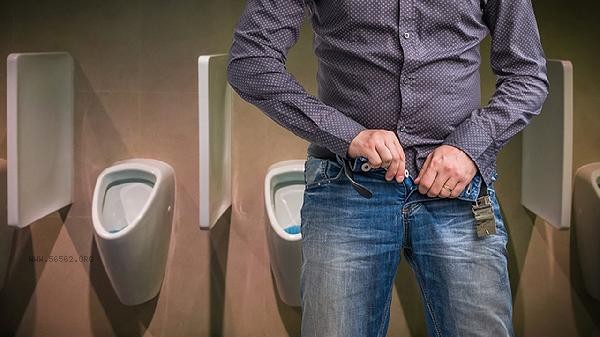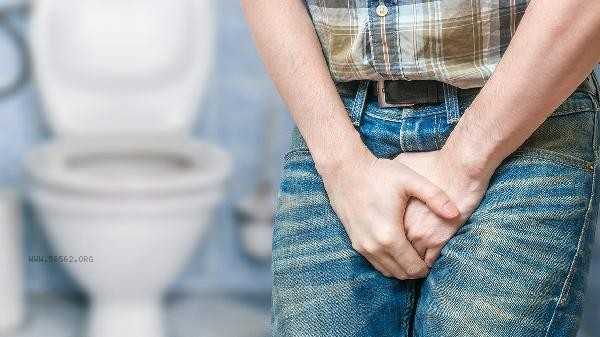It is usually normal for men to urinate on average every 2-4 hours, which means that they urinate approximately 6 to 8 times a day; However, the specific situation varies from person to person and is influenced by various factors such as water intake, physical health status, and environmental temperature. If urination is too frequent or too little, it may indicate health problems and attention should be paid to whether there are urinary system diseases or other conditions.

1. Drinking water quantity and lifestyle habits
Drinking water quantity is one of the important factors determining the frequency of urination. Under normal circumstances, adults should drink 1500-2000 milliliters of water per day, which can help maintain a healthy fluid balance in the body. If you drink too much water, especially in a short period of time, the frequency of urination may increase, which is the result of natural metabolism. On the contrary, insufficient drinking water may lead to a decrease in urination frequency and even trigger urinary tract infections. Beverages containing diuretic ingredients such as coffee, tea, and alcohol can stimulate urine secretion, thereby increasing the frequency of urination.
2. The influence of environmental factors
Environmental temperature can also affect urination frequency. For example, in cold environments, the human body excretes more water through urination to maintain body temperature stability, which may lead to an increase in the frequency of urination. In hot environments, the body relies more on sweat to expel water, and the frequency of urination may decrease, but the color of urine may become darker, indicating the need to replenish water.
3. physiological and Health Status
Urination frequency also reflects the health status of the urinary system and bladder function in the human body. If urination is too frequent or significantly reduced, the following health problems may be involved:

Frequent urination: it may be caused by overactive bladder syndrome, urinary tract infection, diabetes and other problems. If accompanied by symptoms such as urgency and pain during urination, seek medical attention and examination as soon as possible.
Reduce urination: This may be caused by dehydration, such as insufficient hydration after exercise, or serious organic diseases such as kidney failure, which requires special vigilance.
4. How to maintain normal urination frequency
Adjust water intake: Drink water in moderation according to daily activity and weather, supplement in small amounts multiple times, and avoid drinking too much water at once.
Pay attention to dietary habits: reduce the intake of caffeine and alcoholic beverages, and avoid stimulating excessive bladder activity.
Be alert to health signals: If the frequency of urination is significantly abnormal and lasts for several days, seek medical attention promptly. If necessary, the cause can be confirmed through urine routine examination or bladder function testing. The normal frequency of urination may vary among individuals, but if the frequency of urination is abnormal, it should be analyzed and adjusted based on one's own health status. In severe cases, timely medical treatment is necessary. A good lifestyle and healthy drinking habits are important foundations for maintaining normal urination frequency and ensuring the health of the urinary system.






Comments (0)
Leave a Comment
No comments yet
Be the first to share your thoughts!